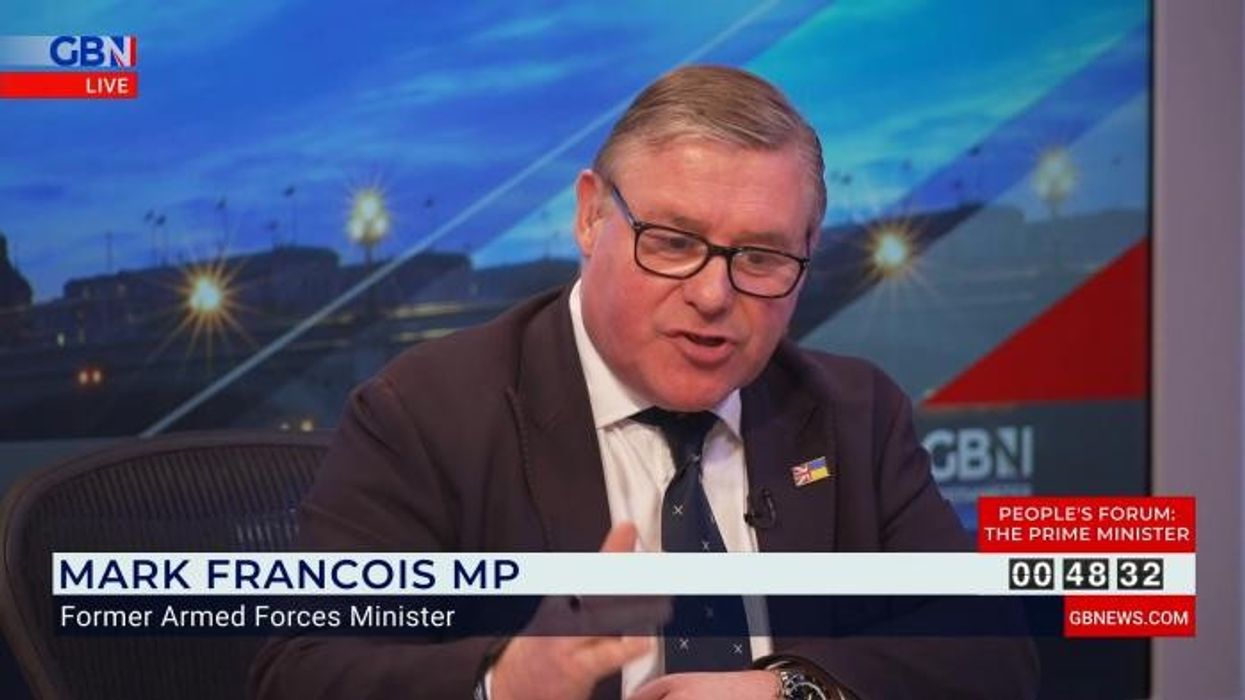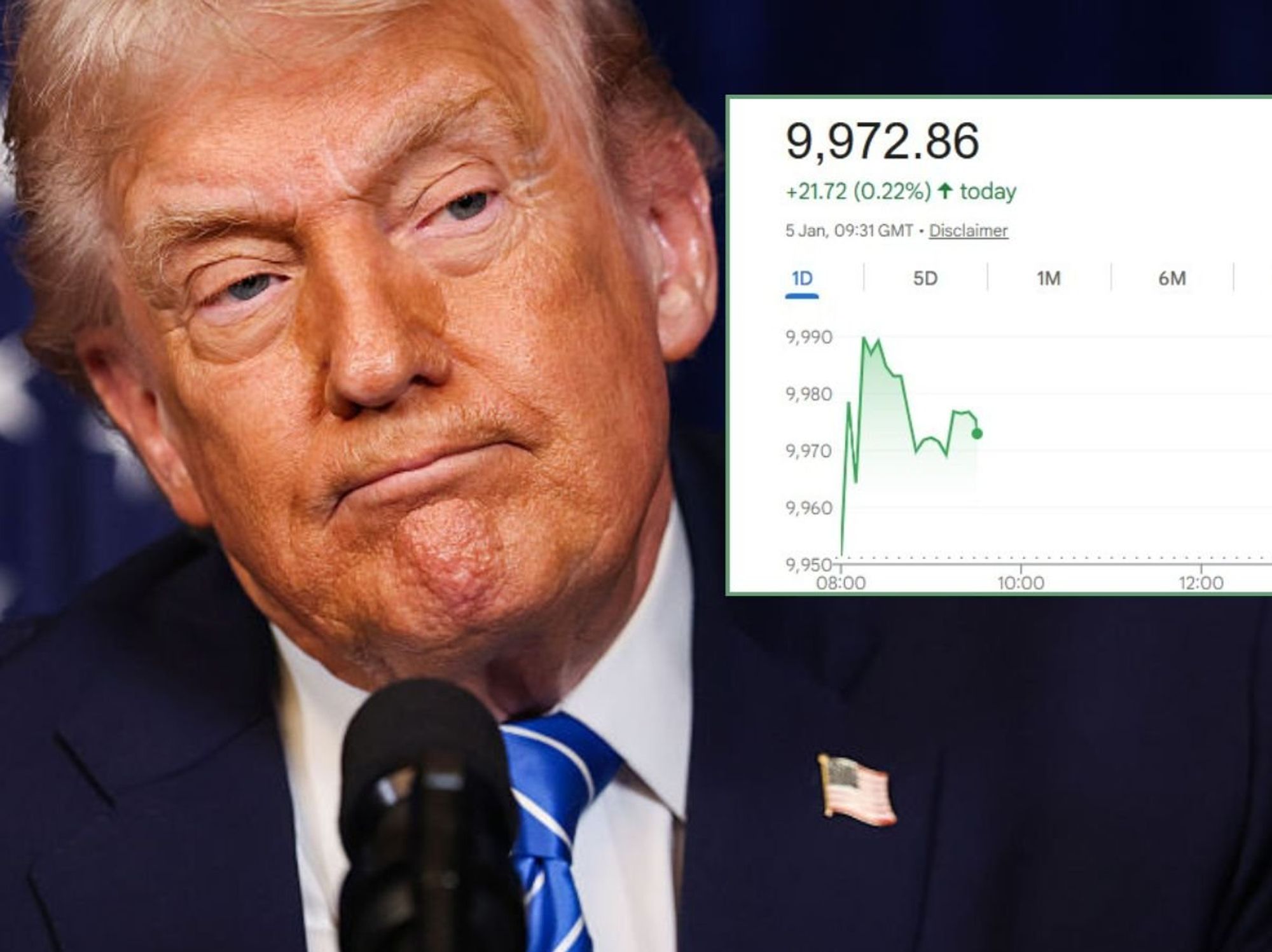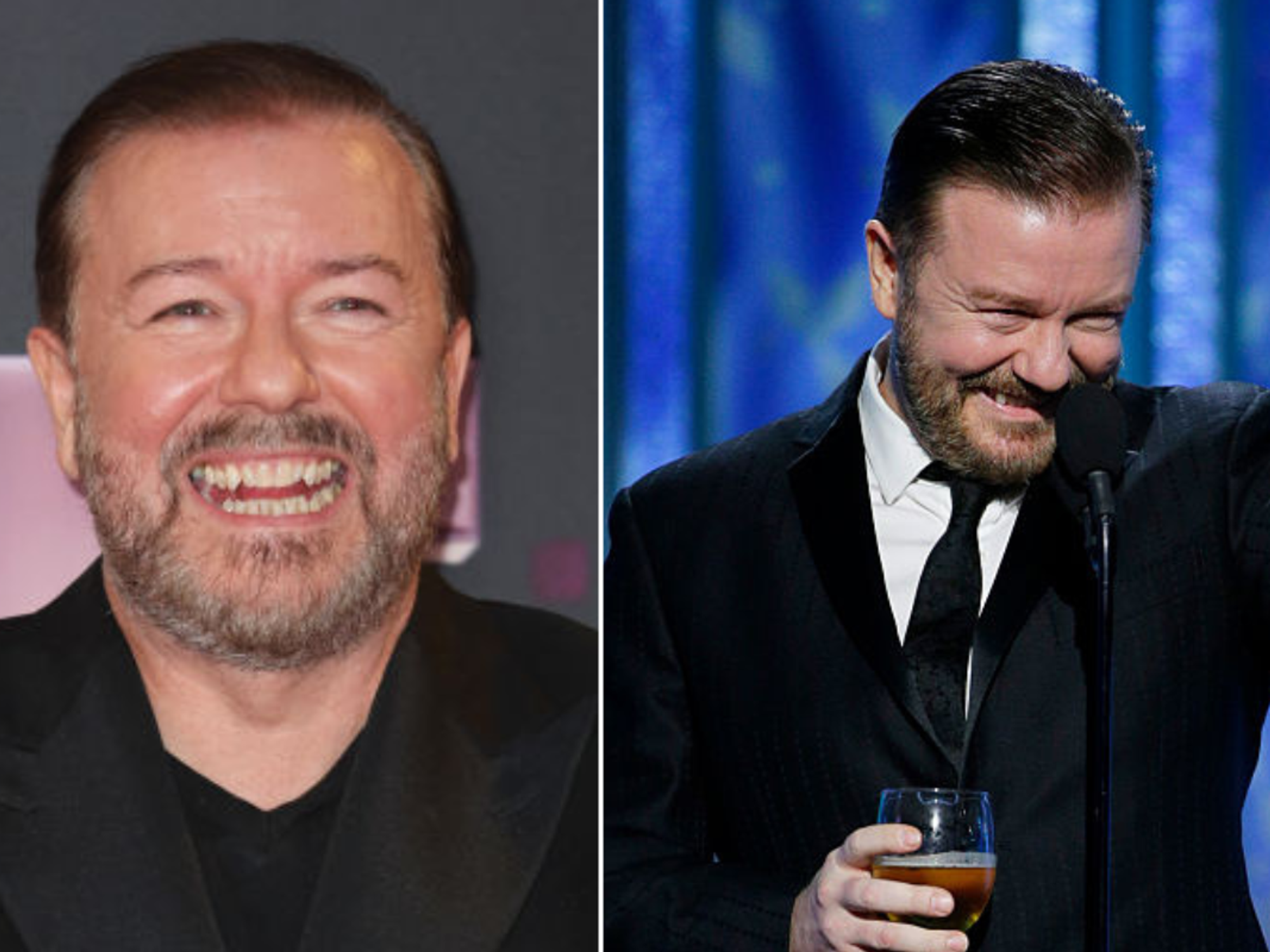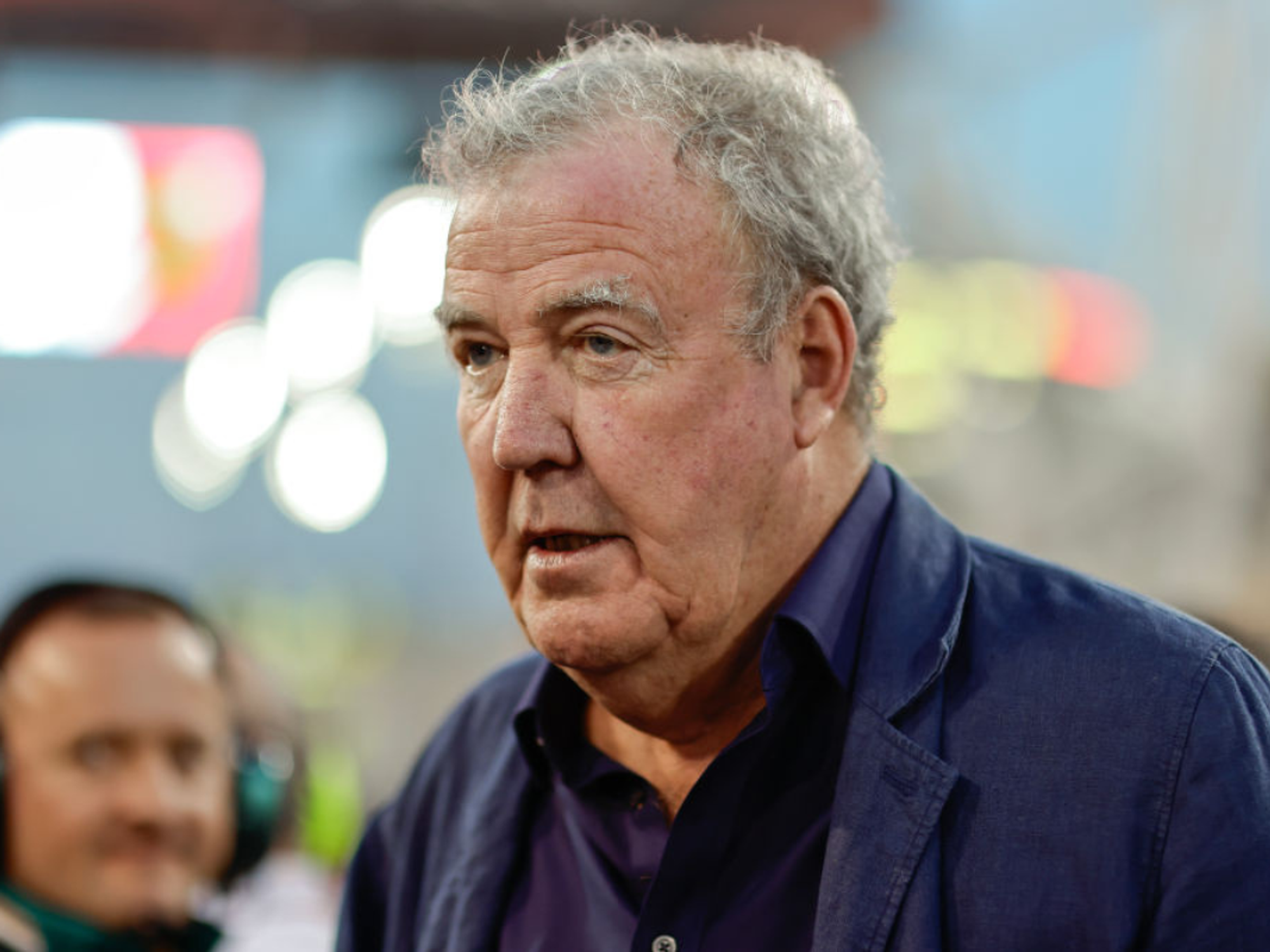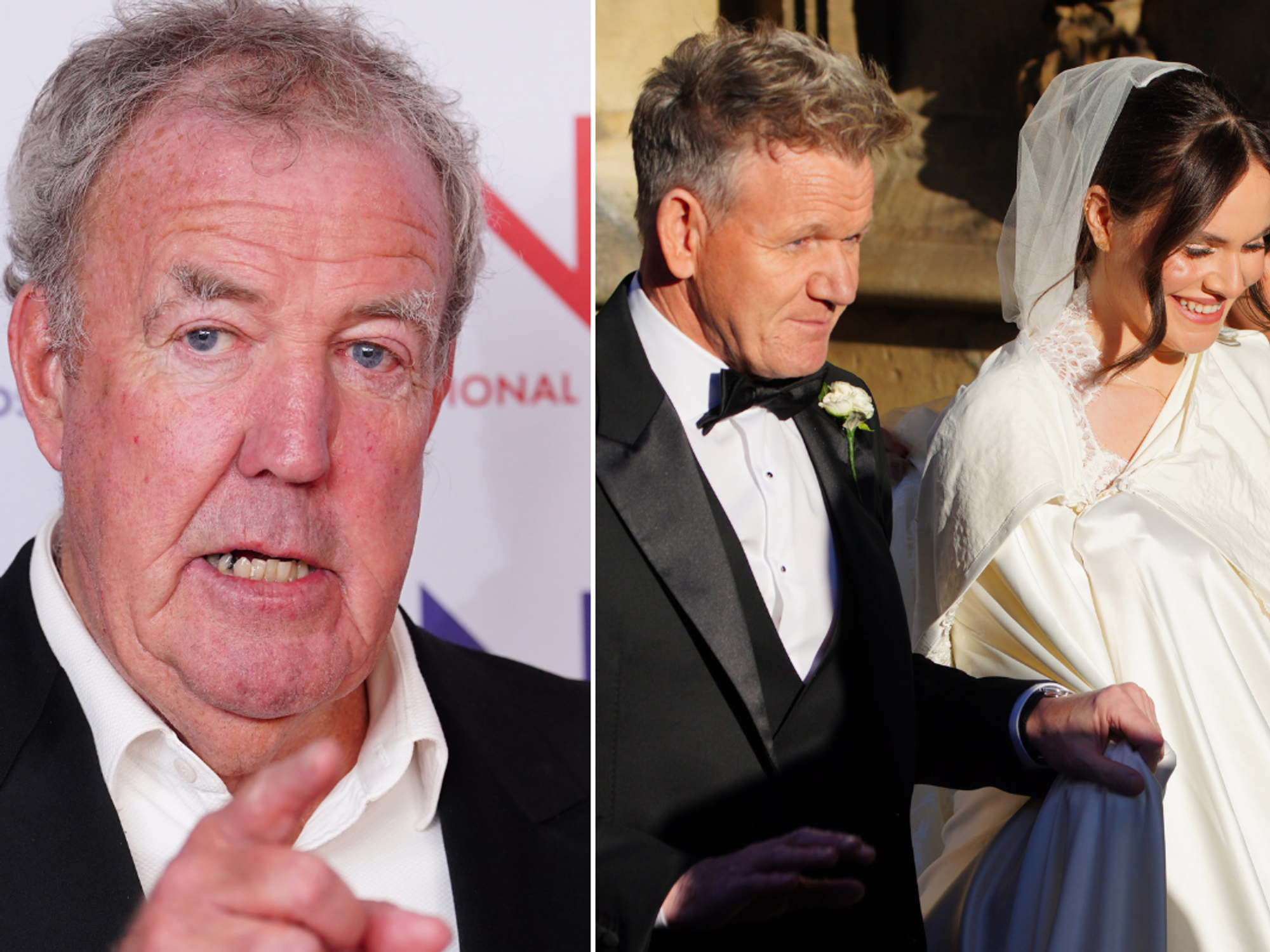SAS accused of 'deliberate' war crimes executing children in Afghanistan

SAS accused of 'deliberate' war crimes executing children in Afghanistan
Don't Miss
Most Read
Latest
A special forces whistleblower has accused a UK military unit of deliberately executing Afghan civilians, including children, as part of a systematic policy during operations between 2010 and 2013.
The officer, known only as N1799, told a public inquiry that the unit UKSF1 had carried out an "illegal" policy of targeting "everybody" during operations, including males under 16-years-old who posed no threat.
The allegations emerged during evidence given to an ongoing inquiry investigating extrajudicial killings in Afghanistan, where the whistleblower's commanding officer confirmed being told UKSF1 had "committed multiple instances of murder".
The whistleblower revealed that UKSF1 had carried out "flat packing" murders of civilians in Afghanistan.
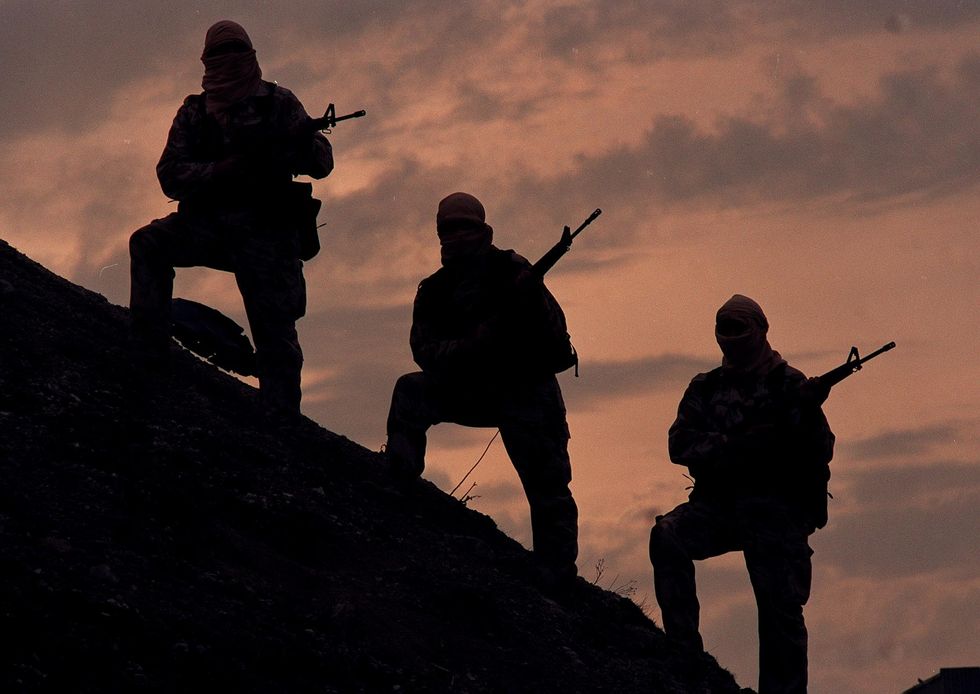
An image of three SAS troops
| GETTYIn one particularly disturbing case, the officer testified that a pillow "had been put over the head" of an Afghan before he was "killed with a pistol".
The witness described how victims were being executed inside compounds after being restrained, using various methods.
In a statement written by N1799 in March 2011, the whistleblower said: "It was also indicated that fighting-age males were being executed on target, inside compounds, using a variety of methods after they had been restrained."
The inquiry heard that UKSF1 members routinely planted weapons beside their victims "to give the impression that a deceased individual had been armed when shot".
These planted weapons were known among troops as a "Mr Wolf", referencing a character from the film Pulp Fiction who is hired to "solve problems".
At least two or three people used the term "Mr Wolf" to describe the practice of dropping weapons, N1799's testimony suggested.
The whistleblower first learned of these "dropped weapons" practices during a joint training exercise in March 2011 from a soldier within the accused unit.
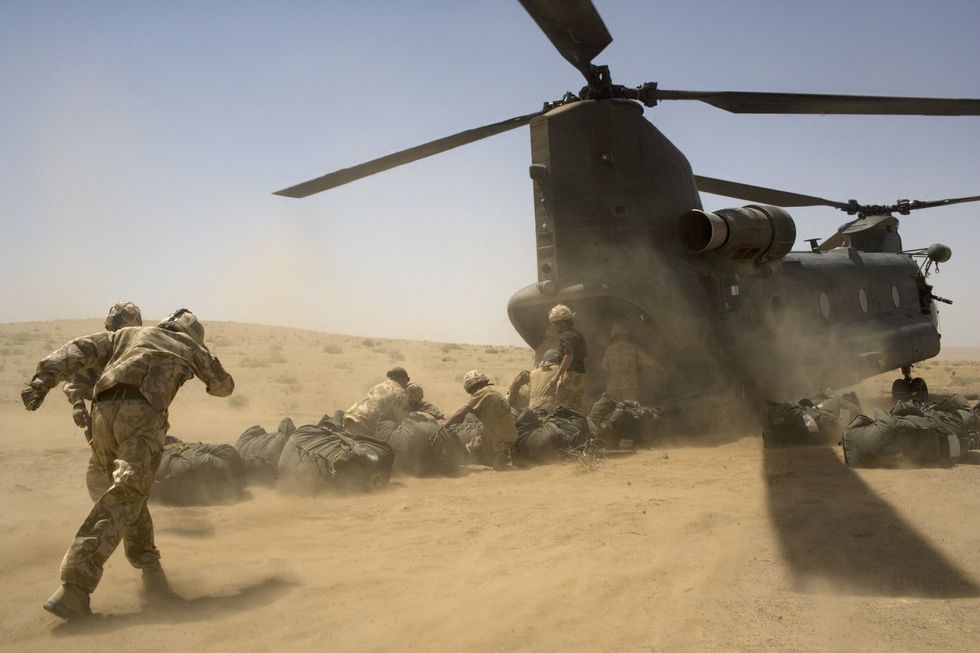
A stock image of British troops in Afghanistan
|GETTY
He told the inquiry he feared being branded a traitor when he first came forward with the allegations.
N1799 initially shared his concerns with his commanding officer at UKSF3 in 2011, providing a formal statement.
The evidence was heard behind closed doors and only released by inquiry chairman Lord Justice Haddon-Cave on Wednesday.
The commanding officer, known as N1785, admitted he did not raise the claims with UKSF1 leadership, believing that reporting allegations of murder might be seen as "mud-slinging".
N1785 described the relationship between his unit and UKSF1 as "at times fractious and certainly competitive".
N1785, the commanding officer, documented the allegations and personally met with the Director Special Forces (DSF).
He told the inquiry he put the concerns in writing because it "compelled the [DSF] to act", noting the director "took a long time to come to decisions".
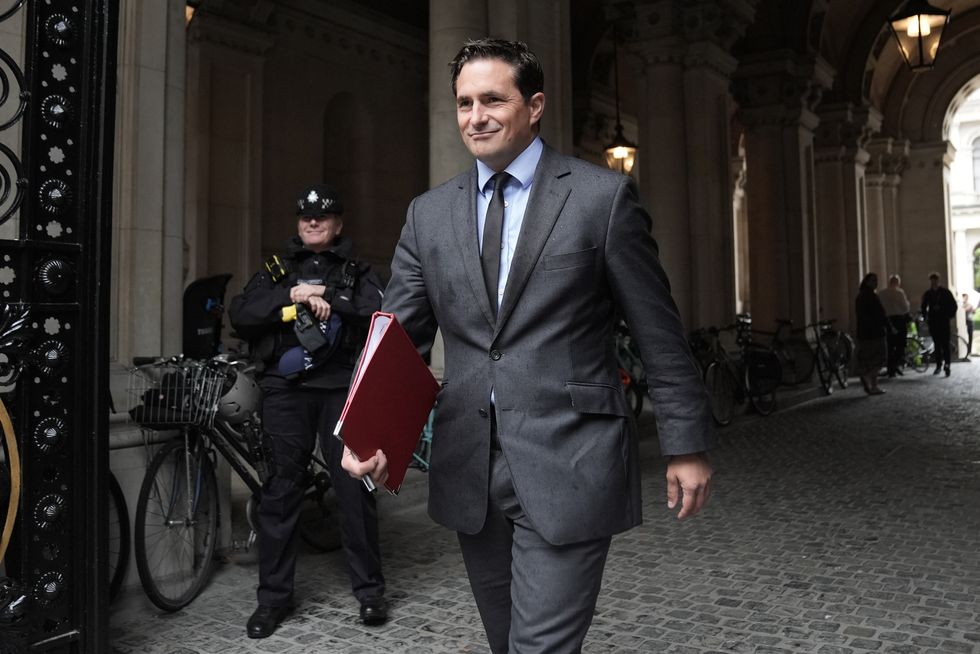
Ex-Veterans Minister Johnny Mercer
| PA"I thought that the fastest route to compelling him to conduct some kind of investigation was to put my concerns in writing," N1785 testified.
The commanding officer believed there were two possibilities: either the unit was using "ill-advised techniques" resulting in unnecessary deaths, or there was "illegal activity on target".
A secure compartment was created to store N1785's written documentation, protecting both the record and N1799's identity.
The revelations will raise serious questions about whether extrajudicial killings were covered up by military leaders, defence ministers and senior officials for over a decade.
Former Veterans Minister Johnny Mercer previously told the inquiry he raised concerns during his time in government, but his warnings were ignored.
Afghan families have accused UK special forces of conducting a "campaign of murder" against civilians.
Operation Northmoor, established in 2014 to examine allegations of executions by special forces, including those of children, resulted in no charges.
LATEST DEVELOPMENTS:A subsequent Royal Military Police investigation, Operation Cestro, saw three soldiers referred to the Service Prosecuting Authority, but none was prosecuted.
The whistleblower confirmed that "fighting-age males" targeted by UKSF1 could "100 per cent" include boys younger than 16 years old.
N1799 expressed ongoing concerns for his personal safety, telling the inquiry "I still do now" when asked about fears for his wellbeing.
The witness indicated that his original written account of conversations with UKSF1 soldier N1201 understated the gravity of the situation.
"I just feel it was slightly more graphic... words that have been used about killing were like flat packing, flat packing them... they're quite normal in the military world," N1799 testified.
The commanding officer N1785 described the relationship between UKSF1 and UKSF3 as "unhealthy" and "at times fractious and certainly competitive".
He told the inquiry he documented the allegations because they appeared to support UKSF3's existing concerns about several serious incident reports from Afghanistan operations.
A secure compartment was established to store the written documentation of the allegations.
This measure was implemented both to protect whistleblower N1799 and to maintain a record of who had access to the sensitive information.


